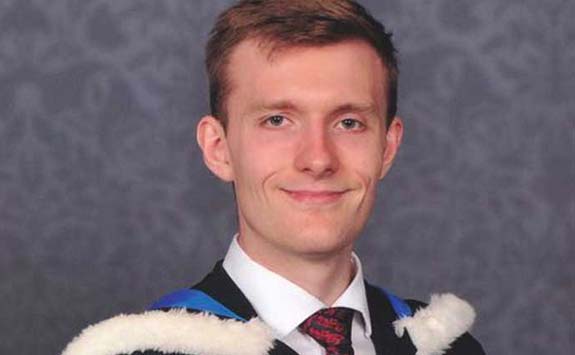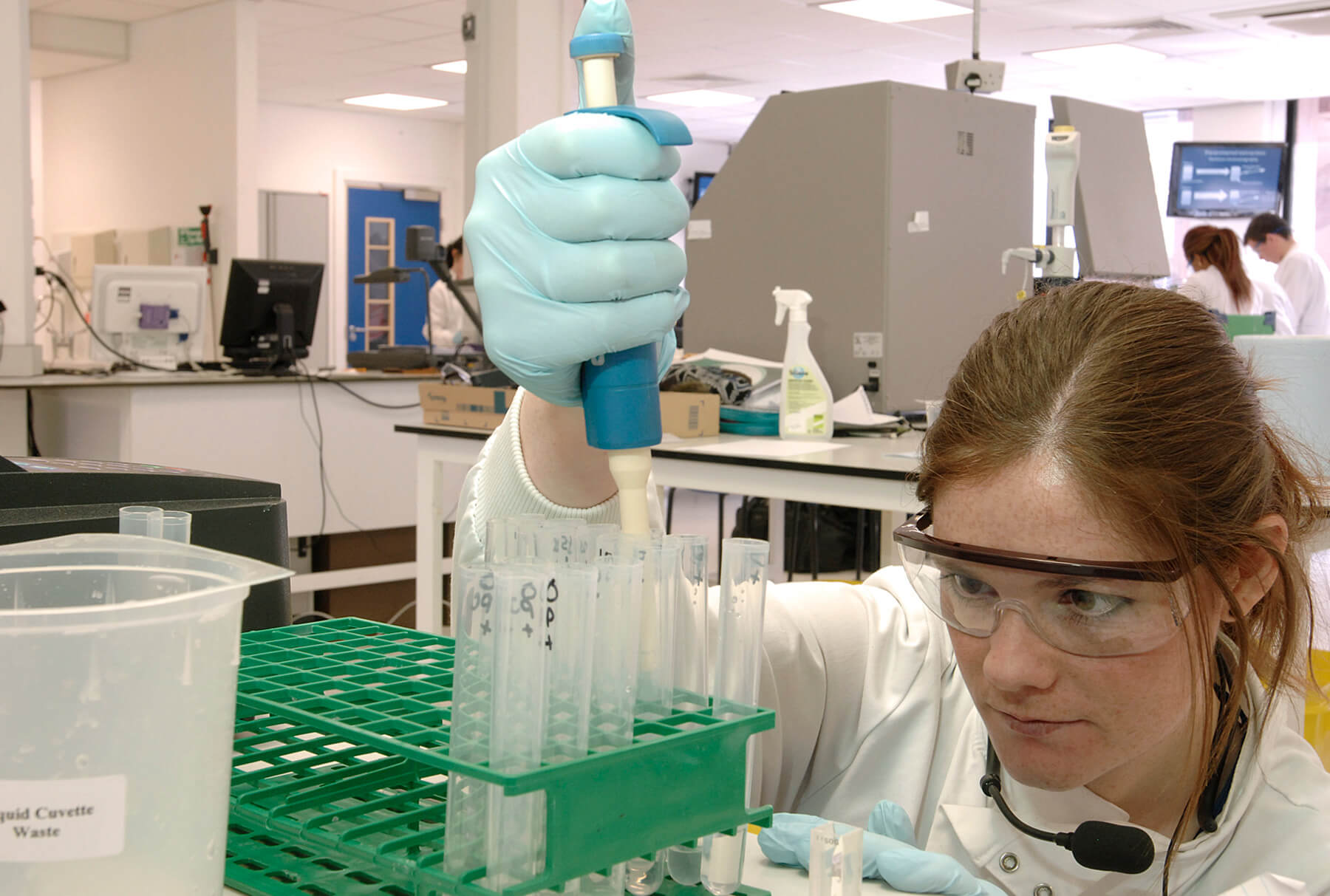Isaac Walton
BSc in Biomedical Genetics, graduated July 2018, First Class Honours Degree.
DPhil Student, University of Oxford
I was initially on the Biomedical Science programme when I started my undergraduate degree at Newcastle, however, once I began the genetics module in my first year, I had a change of heart and transferred onto the BSc Biomedical Genetics programme. Safe to say, I am really glad I had the opportunity to easily switch course within the life sciences to what I truly found interesting; my life has been dominated by genetics ever since!

My favourite moment of the course was the research project during my final year. Based at the Centre for Life, I was in a clinical genetics research group using whole-exome sequence to determine new gene variants that cause Congenital Myasthenic Syndrome, a rare disorder of the neuromuscular junction. I got to witness first-hand how data from local NHS patients was used to increase understanding of very rare diseases and got a chance to put into action the genetics and human genomics skills learnt during the 2nd and 3rd year. I couldn’t have had a more supportive project supervisor or tutor throughout this, and it really consolidated all of my learning up to that point.
I hadn’t properly considered pursuing research until this experience. While I found clinical genetics research incredibly fulfilling, I also found some of the epigenetics and gene transcription and translation experiments using the nematode worm C. elegans really fascinating too. These practicals, as part of my course, were based on research initially performed by a lab at the University of Cambridge, and so after reaching out to them I applied to do an MPhil research project with them and subsequently worked for them as a Research Assistant. My exposure to these topics at Newcastle was instrumental to me finding postgraduate study opportunities that really appealed to me, and by extension my transition into employment.
I will shortly be starting a DPhil in Medical Sciences at the University of Oxford where I will be using whole-genome sequence to find and evaluate new pathogenic variants and genes that cause craniosynostosis. Many of the research methods for this were introduced to me during my undergraduate research project; undoubtedly, my exposure to these topics and techniques at Newcastle University shaped my choice of DPhil project.
Looking back, my time at Newcastle was a privilege. I had time to develop personally, climbing as part of the University’s Mountaineering Society, as well as pursue employment with the Army Reserve, all while being exposed to the ideas that have so far shaped my subsequent years. Combined with the friends I made and the support I received from the university, I will surely never forget my time there.
